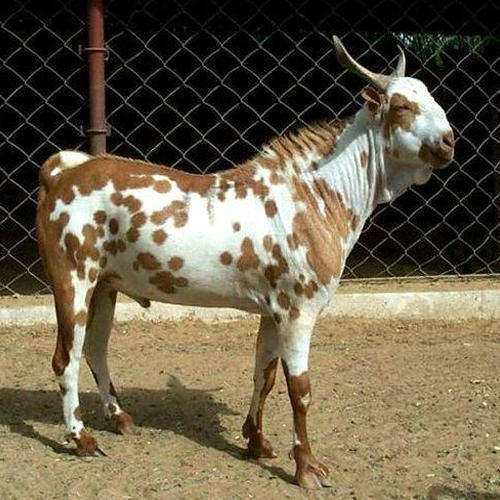Author: UK Atheya
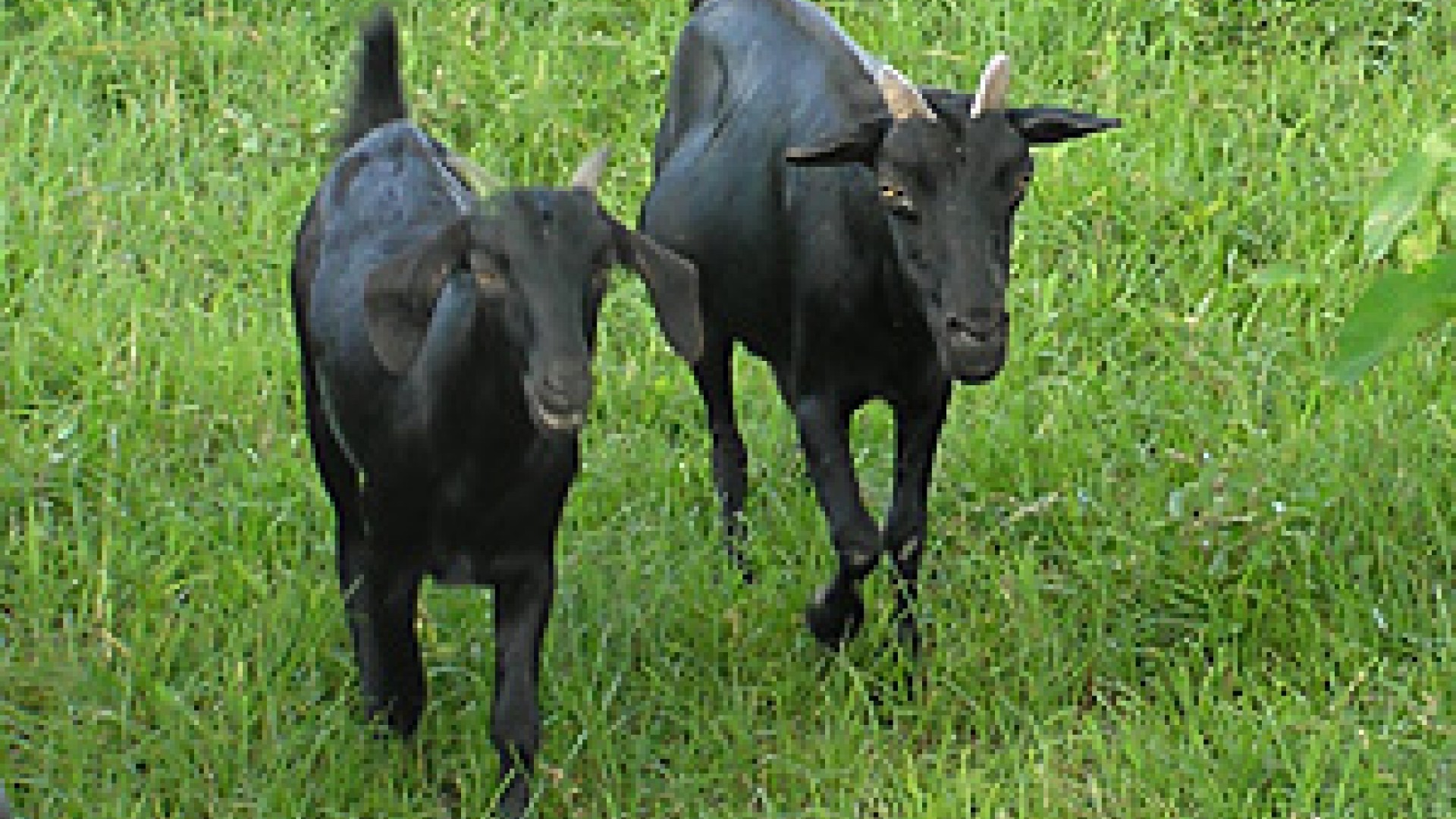
Black Bengal Goat
The Black Bengal goat is a breed of goat found in West Bengal, Orissa, Bihar regions, and its originated from Bangladesh. This breed is usually colored black but it is also found in brown, white or grey. Height of this goat is small but, body structure is tight. It is poor in milk production. It is very popular…
read more
Jamunapari Goat
Jamunapari (Jamnapari) goat is an Indian Breed of goats, which is a native of District called Etawah, Uttarpradesh. It is also known as Etawah Goat. In 1953 this goat has been exported to Indonesia. This goat is useful in both milk and meat production. The Jamuna name is derived from an Indian river named Yamuna…
read more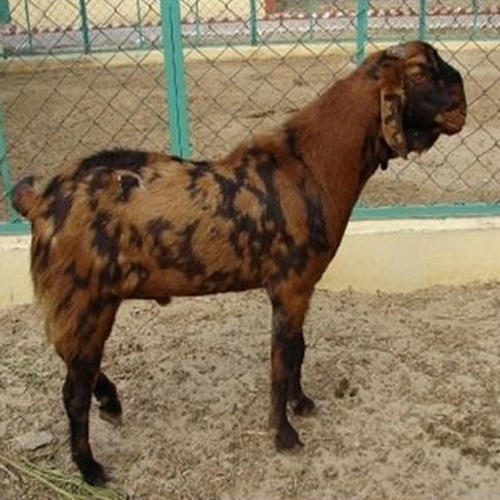
Sirohi Goat
The Sirohi goat is an Indian breed of goats, which is native of Sirohi a district in Rajasthan, hence it is named Sirohi. But this is also known as the Ajmeri, Devgarhi. Sirohi goats can be found in Ajmer, Jaipur and Tonk districts. This goat is very popular as a meat goat breed. Its flesh…
read more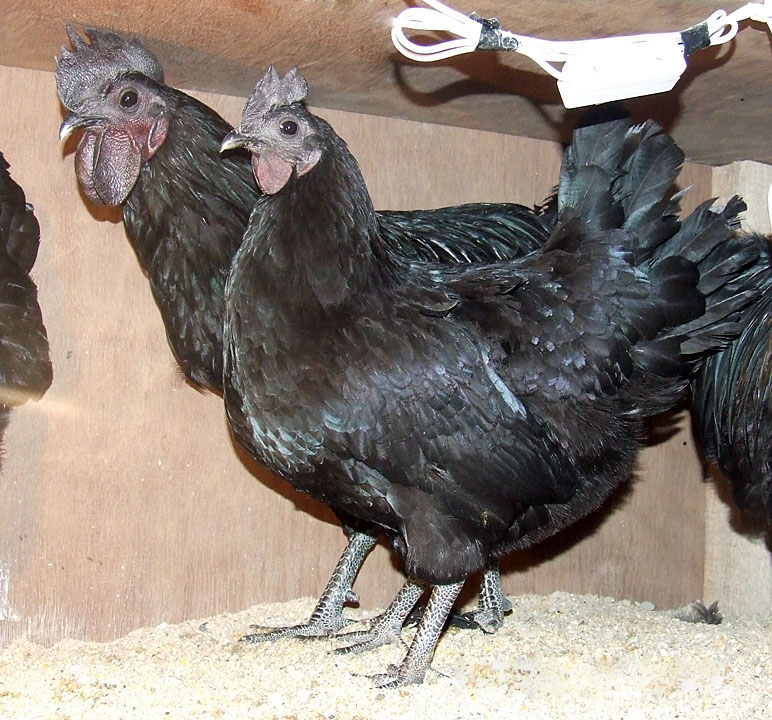
Kadaknath and Guinea Fowl
Introduction to Kadaknath The poor farmers, not having animal husbandry with his agriculture occupation, are committing suicide. Because they are not able to payback the loans. This more so even true where the agriculture is dependent on rains and if there is a drought then the population of that area has no option other than…
read more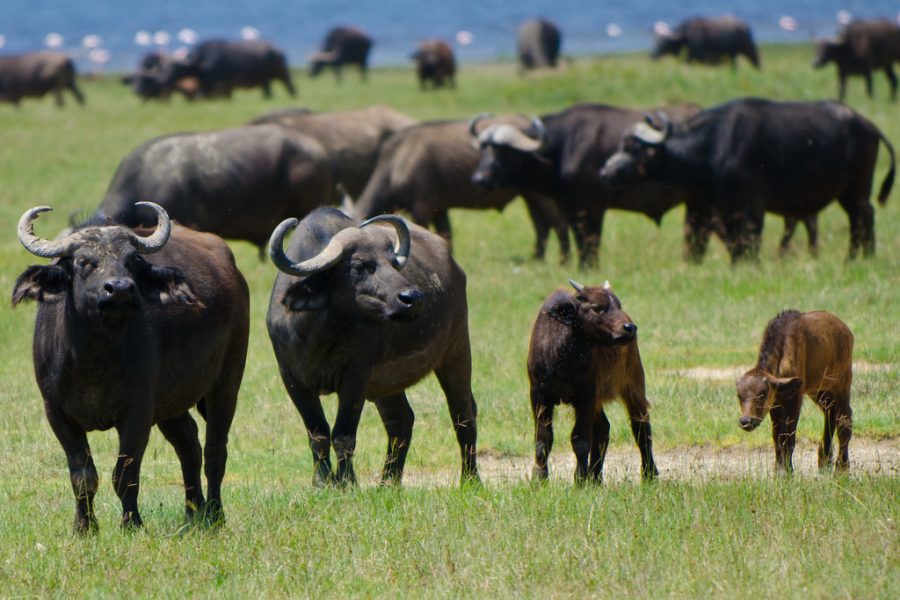
100 Frequently Asked Questions (FAQ) on Dairy Animals PART – 2
Difference between cheese and curd? Curd is formed by microbial growth, in this case a lactose is broken down into lactic acid, and this reaction takes place at 37°C. Whereas, cheese making is enzymatic reaction, the movement enzyme rennin is added to the milk is curdled. It takes few minute then the curdle milk is…
read more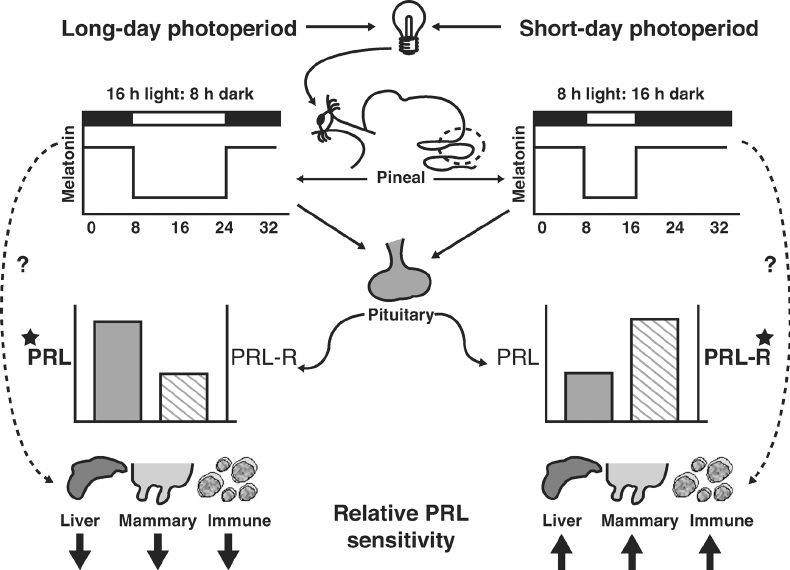
THE ROLE OF PHOTOPERIOD AND THERMAL HUMIDITY INDEX IN MILK PRODUCTION AND REPRODUCTION OF DAIRY COWS
The crossing of native cow started before world war first in the British colony. It was in Bangalore that the first crossbred were produced in 1910 at this time the cows were reared for production of bullocks if cows were calving with male calves then the all the milk was fed to male calves. Sale…
read more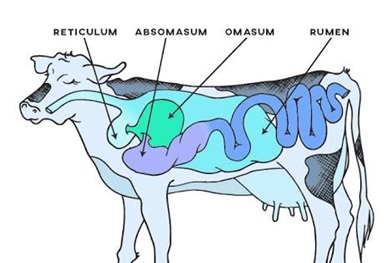
Digestive Physiology of the Ruminant (COW)
Rumen has four compartments, and the rumen itself is 57% of all the compartments. In the baby calf, it is 30%. The second area is reticulum it is 57% of all the compartments. This is also called honeycomb area and also known as hardware area because cow eats wire or nail it is lodge in that…
read more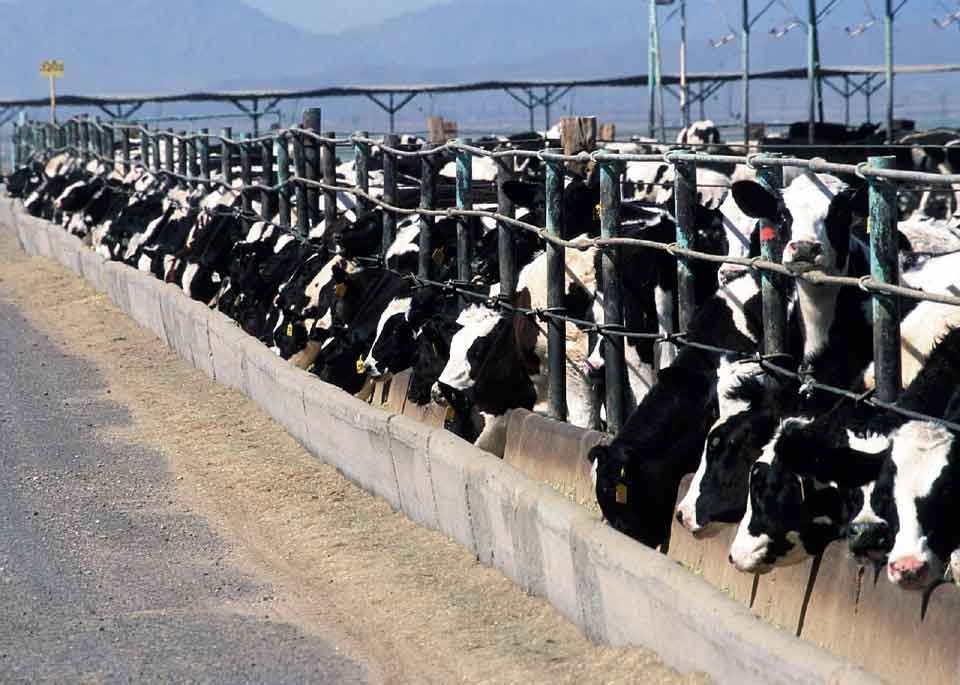
डेयरी के असफल होने के कारण
जब तक हम 3 या 4 गाय या भैंस से 20 से 25 लीटर दूध पैदा करते है और पशुओं की देखभाल भी स्वयं करते है अर्थात लेबर पर निर्भर नहीं होते है तब तक डेयरी का व्यवसाय अधिक लाभकारी दिखाई देता है लेकिन जैसे ही हम 100 से 200 लीटर दूध पैदा करने की…
read more
100 Frequently Asked Question (FAQ) on Dairy Animals
1. What is Brazilian Gir Cow? Brazil has imported Gir Cows from India 100 years back. These cows were imported for beef production, but some of the cows were producing a good quantity of milk because their lactation length was long over 305 days. These Gir cow are heat resistant tick resistant and no reproductive…
read more